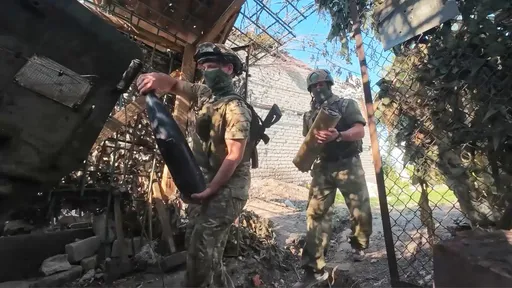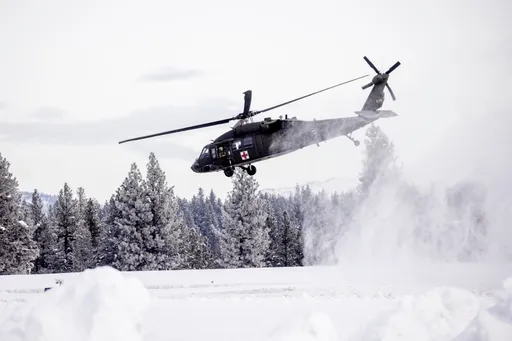Iran said on Friday the novel coronavirus has killed 124 people amid 4,747 confirmed cases in the republic as authorities warned they may use “force” to limit travel between cities.
Health Ministry spokesman Kianoush Jahanpour offered the figures at a televised news conference. He did not elaborate on the threat to use force, though he acknowledged the virus now was in all of Iran's 31 provinces.
The threat may be to stop people from using the closed schools and universities as an excuse to go to the Caspian Sea and other Iranian vacation spots. Semiofficial news agencies in Iran posted images of long lines of traffic of people trying to reach the Caspian coast from Tehran on Friday despite authorities earlier telling people to remain in their cities.
Iran on Thursday announced it would put checkpoints in place to limit travel between major cities, hoping to stem the spread of the virus.
Iran cancelled Friday prayers across its major cities. Elsewhere in the region, Iraq cancelled Friday prayers in Karbala, where a weekly sermon is delivered on behalf of the country's top Shia cleric. Authorities in the United Arab Emirates meanwhile limited prayers to two verses of the Quran so they lasted no longer than 10 minutes, over concerns about the virus.
More than 4,990 cases of the virus, which causes the illness Covid-19, have been confirmed across the Middle East. Iran and Italy have the world’s highest death tolls outside of China.
In Tehran, firefighters sprayed disinfectant on an 18-kilometre (11-mile) length of Tehran's famous Valiasr Avenue, some from firetrucks and others walking along its sidewalks, spraying ATMs and storefronts.
“It would be great if they did it every day,” grocery store owner Reza Razaienejad said after the firefighters sprayed outside his shop. "It should not be just a one-time thing and should be done frequently, especially in places like here where movement and traffic happens a lot.”
But Iran offered some hope as well. Authorities reported a woman infected with the virus gave birth to a girl late Thursday night in Qom, the Shia holy city particularly hard-hit by the virus.























